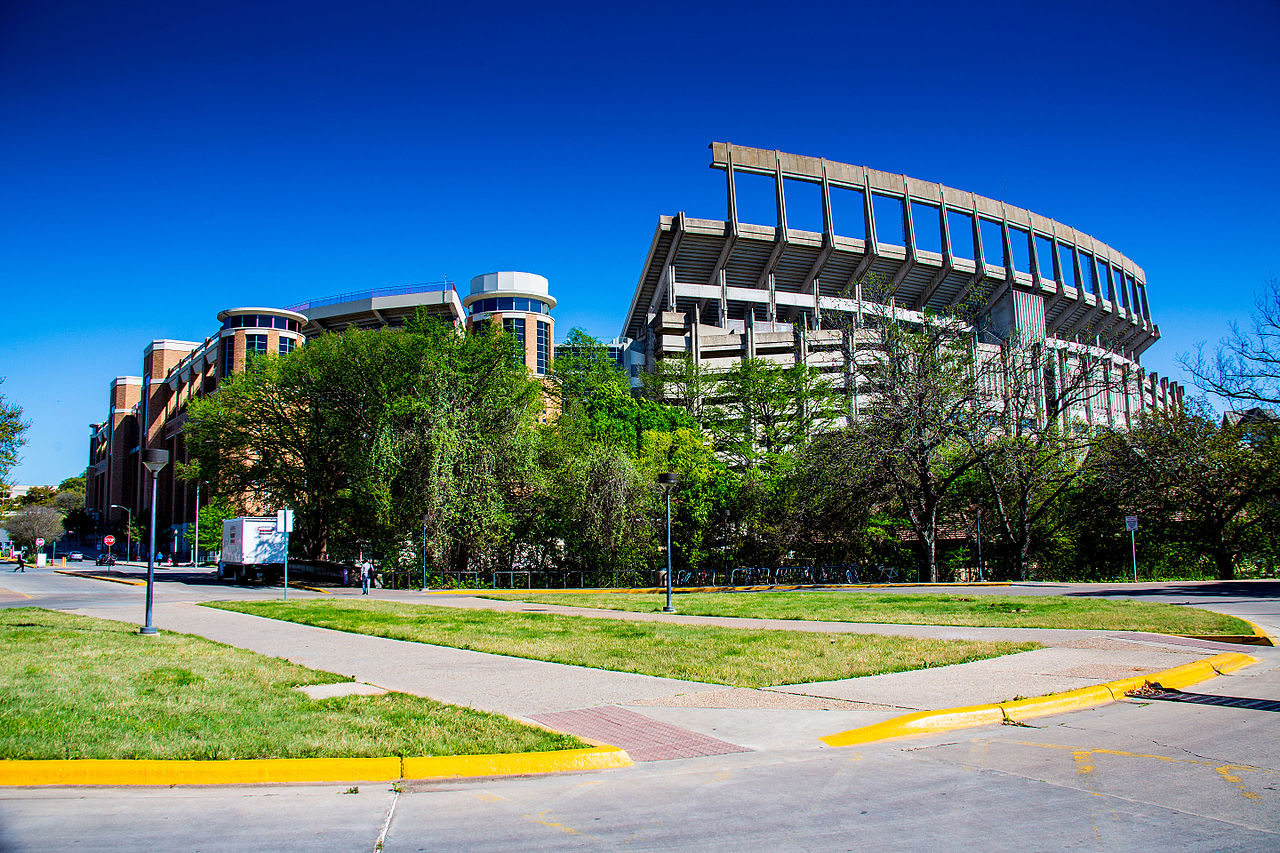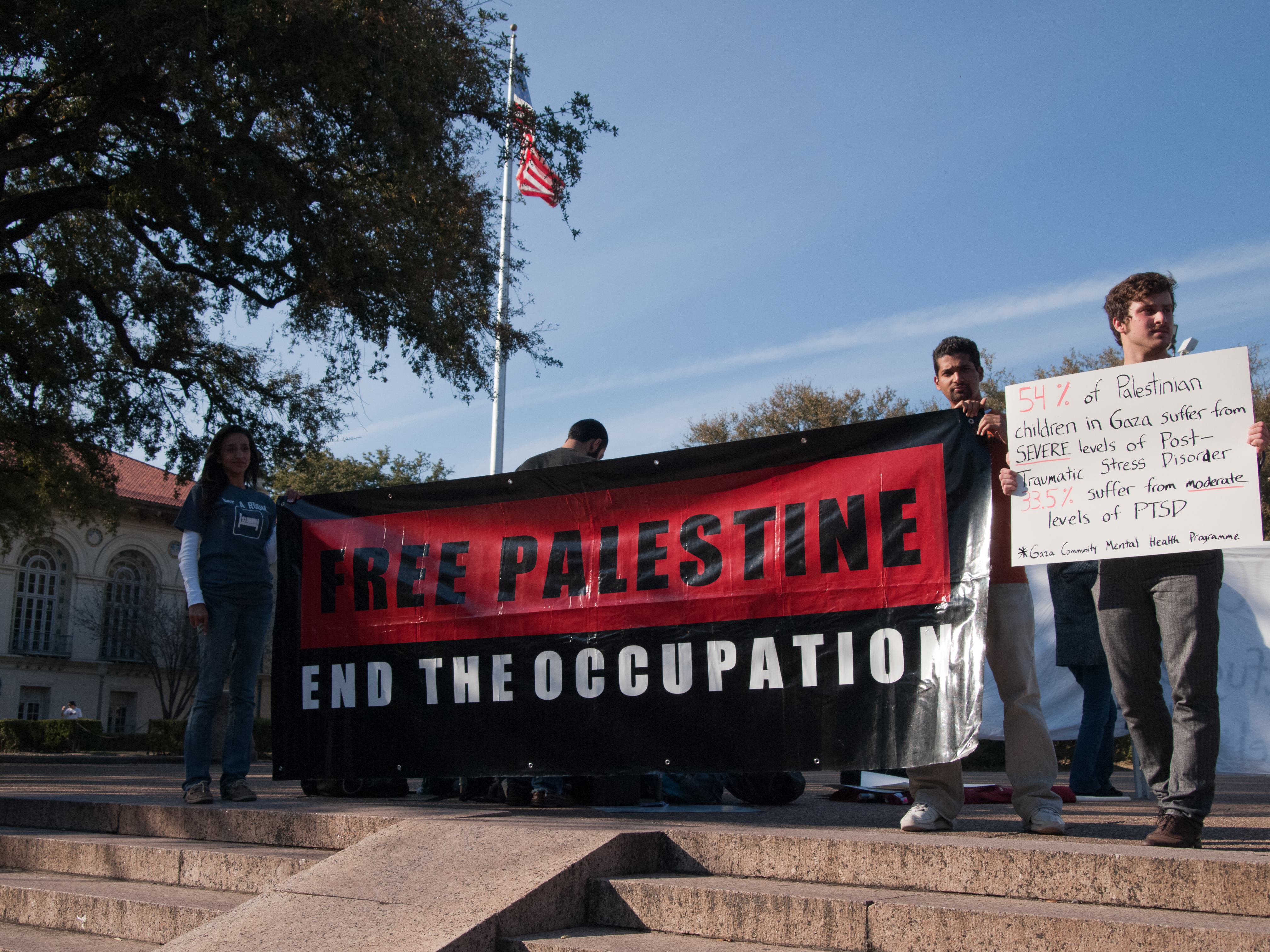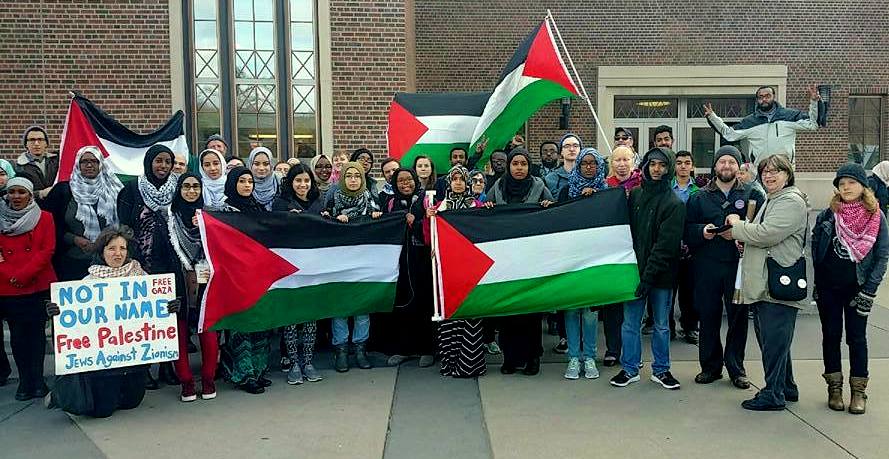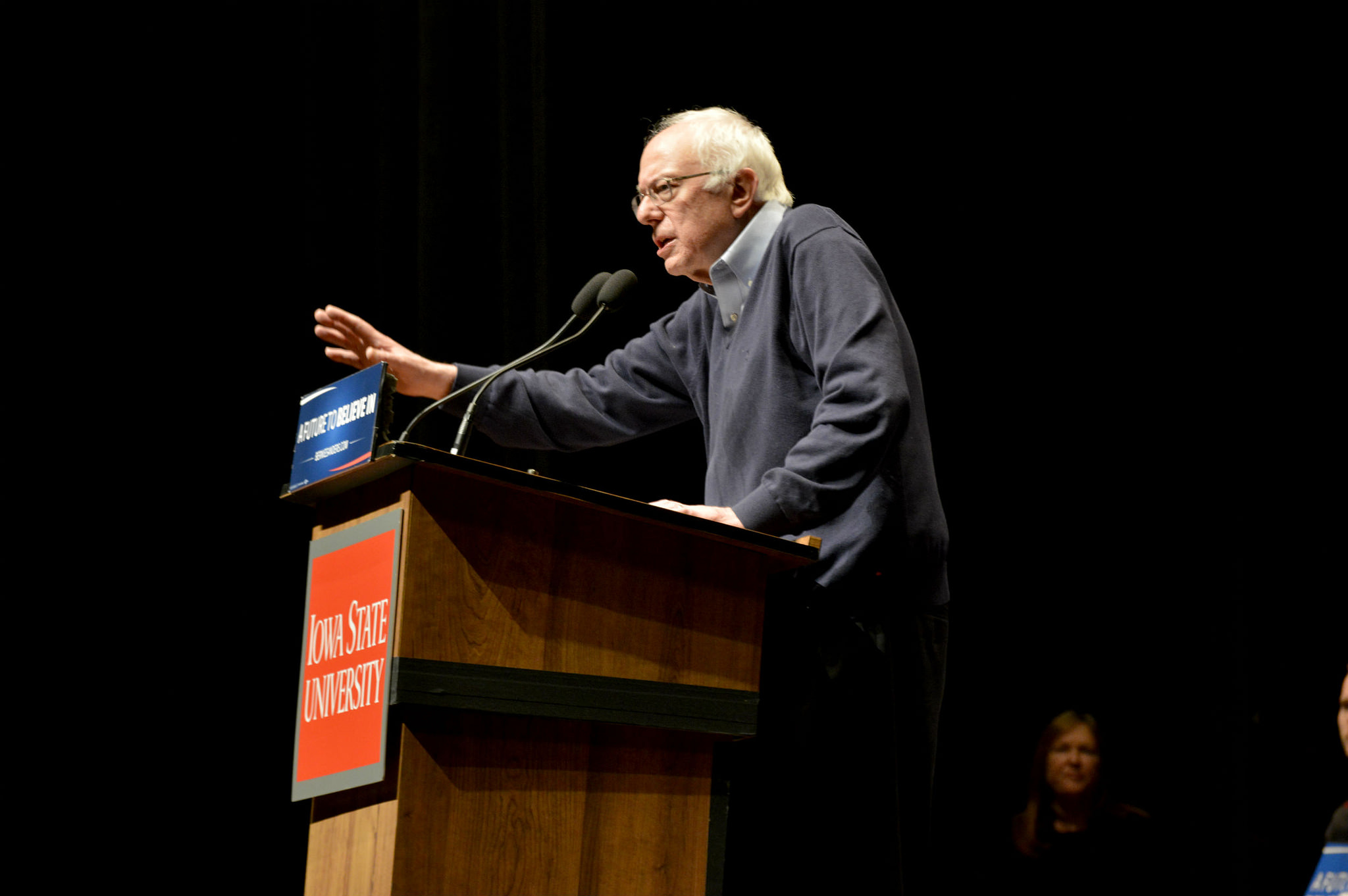As more families press for their children to be allowed to consume medical cannabis at school, more states are moving toward allowing students access to the substance that remains banned at the federal level.
Last week, Colorado Gov. John Hickenlooper signed “Jack’s Law,” which will allow students with a prescription to receive non-inhaled medical marijuana during the school day. The law is named for a young student who couldn’t access his prescribed medical cannabis at school. CBS Denver reported on June 7.
“We absolutely need to allow children to have access to medicine in schools. Why wouldn’t we?” said Kyle Sherman, the founder and CEO of Flowhub, in an interview with MintPress News. Flowhub is a Denver-based software company that helps growers and dispensaries maintain their supply chains and follow local laws.





